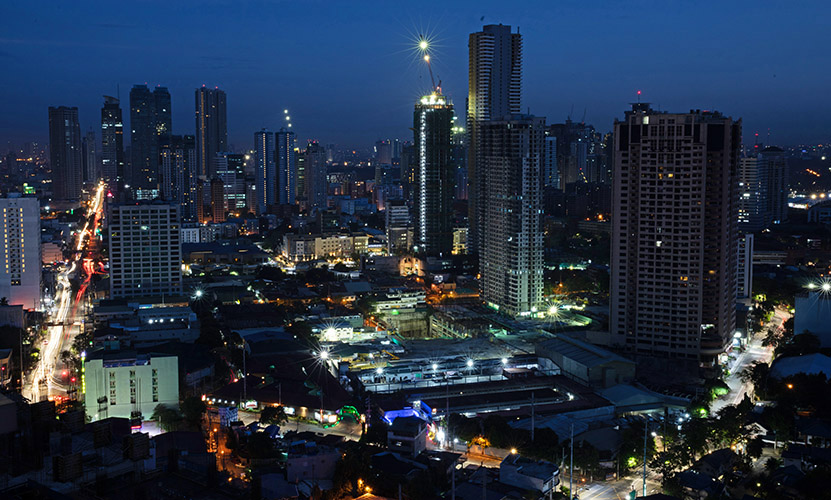Senator Win Gatchalian expressed concern over the nearing depletion of gas output from the Malampaya natural gas field which is the second biggest source of electric power in the island of Luzon.

Gatchalian said the absence of replacement fuel could threaten energy security and might lead to possible rotational brownouts. The Malampaya project has been supplying fuel to the Luzon electricity grid, servicing for nearly two decades an approximate 21 percent of the national demand for electricity. It is expected to run dry by 2024.
In this light, the chairman of the Senate Committee on Energy filed Senate Bill No. 1819 for the country to provide a national energy policy and framework for the development and regulation of the Philippine midstream natural gas industry.
“We’re racing against time. If we fail to act now, we could be experiencing anew a debilitating rotational brownout by 2024 once our power supply from the Malampaya gas field is depleted,” said Gatchalian.
The lawmaker cited the power crisis in 1990s when Metro Manila and several provinces in the Luzon power grid experienced rotating brownouts of up to four hours daily due to insufficient electrical generating capacity.
Gatchalian noted the need of a complementary law to cover the aspects of the midstream natural gas industry, including the transportation, transmission, storage, and marketing of natural gas in its original or liquefied form or commonly known as liquefied natural gas or LNG.
The midstream natural gas industry covers companies that specialize in operating tanker ships or marine vessels to deliver natural gas to LNG terminals, pipelines or transmission systems and storage facilities.
Several local and foreign companies in the past have expressed interest in putting up integrated LNG facilities in the country. Such facilities include storage, regasification, and transmission.
The LNG terminal projects should be in place before the anticipated depletion of gas output from Malampaya in 2024.
“The proposed Midstream Natural Gas Industry Development Act will encourage private capital and foster an open and fair competitive market while at the same time ensure safe, reliable and environmentally responsible operation of LNG terminals,” he said.
Gatchalian said the proposed legal framework for the midstream natural gas industry will also ensure consumer protection as it will mandate a transparent and competitive pricing of services.


